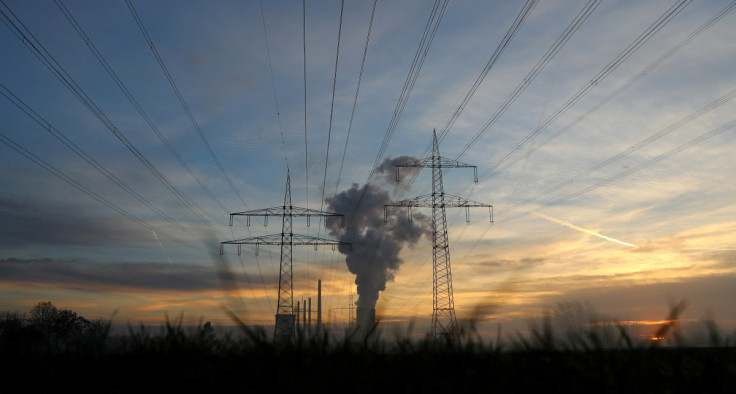Germany Nationalises Uniper As Energy Crisis With Russia Deepens

Germany nationalised Uniper on Wednesday after an earlier multi-billion euro bailout failed to keep the gas importer afloat and President Vladimir Putin sent oil prices higher by announcing a partial Russian military mobilisation.
Berlin agreed to buy the remaining stake owned by Finland's Fortum in the German gas importer to secure its operations and keep its business going, the latest move to keep the lights on and heaters running in Germany this winter.
European gas and power prices have rocketed this year as Russia cut fuel exports to retaliate for Western sanctions over its invasion of Ukraine, leaving consumers struggling with sky-high energy bills and European utilities grappling with a liquidity crunch.
"The state will ... do everything possible to always keep the companies stable on the market," German Economy Minister Robert Habeck said, announcing the Uniper move and other steps to help Germany avoid energy rationing this winter.
Alongside surging European gas prices, crude oil jumped more than 2% on Wednesday after Putin announced the partial military mobilisation, escalating the war in Ukraine and raising concerns of even tighter global energy supplies.
"The (Russian) move could possibly lead to calls for more aggressive action against Russia in terms of sanctions from the West," said Warren Patterson, head of commodities research at ING.
After buying Fortum's stake, the German state will hold about 99% of Uniper, the economy ministry said.
The agreement involves a capital injection of 8 billion euros ($7.94 billion), Uniper said. The German government's capital injection bring the total bailout package to least 29 billion euros.
PRICE CAP PLANS
Russia, which until the invasion of Ukraine had supplied about 40% of the Europe Union's gas needs, has cut flows via the Nord Stream 1 pipeline to Germany and beyond, saying sanctions have hampered operations to keep it running. The EU calls that a pretext and says Moscow is using energy as a weapon.
Russia flows via Ukraine have continued, but at a reduced rate. Gazprom, the Kremlin-controlled company which has a monopoly on Russian gas exports by pipeline, said it would ship 42.4 million cubic metres of gas to Europe via Ukraine on Wednesday, in line with recent days.
Eastbound gas flows via the Yamal-Europe pipeline to Poland from Germany were halted on Wednesday, while Russian supply via Ukraine held stable.
In the United States, Democratic and Republican senators on Tuesday proposed that U.S. President Joe Biden's administration use secondary sanctions on international banks to strengthen plans for price cap by G7 countries on Russian oil.
Moscow has said it would cut all oil and gas flows to the West if such cap was implemented.
The move by U.S. lawmakers came hours before Putin ordered Russia's first mobilisation since World War Two, warning the West that if it continued what he called its "nuclear blackmail" Moscow would respond with its vast arsenal.
Several countries have banned imports of Russian crude and fuel, but Moscow has managed to maintain its revenues through increased crude sales to Asia.
© Copyright Thomson Reuters {{Year}}. All rights reserved.





















